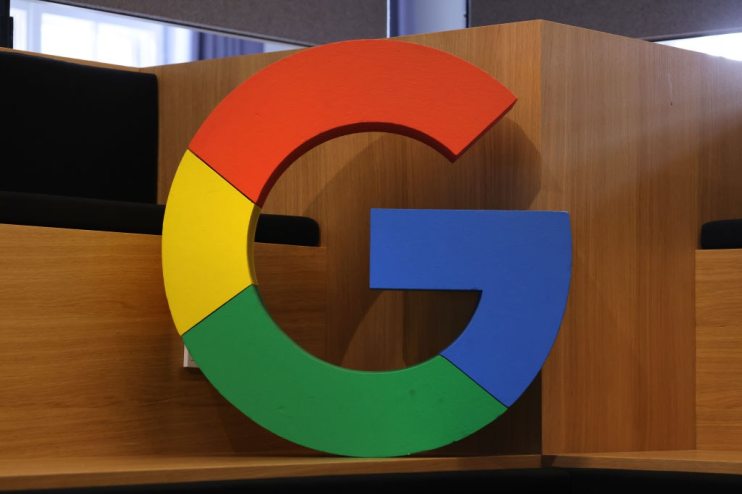Google cracks down on app tracking following Apple’s lead

Google has announced that it will limit tracking on its Android devices following a growing global privacy crackdown and following Apple’s lead.
The tech giant said it wanted to “raise the bar for user privacy” and hopes to curb user data from being shared with third parties.
Google said it also planned to eventually phase out advertising IDs, which is used by marketers to track behaviour, and gives a pretty robust picture of user’s interests and activities.
Anthony Chavez, vice president of product management for Android Security & Privacy, said a blog post: “Digital advertising plays a key role in making this possible. But in order to ensure a healthy app ecosystem — benefiting users, developers and businesses — the industry must continue to evolve how digital advertising works to improve user privacy.”
It comes after Apple’s decision last year to limit tracking on iPhones, which included asking users for permission when tracking; this has had a knock-on effect to other tech giants like Facebook and Instagram.
As such, it will not be surprising that Google’s changes have a knock-on impact on other tech firms that rely on its infrastructures.
The Privacy Sandbox initiative was first launched in 2019 to limit third-party cookies online, and today’s statement said the changes would take at least two years to implement.
Andrew Frank, VP Distinguished Analyst at Gartner, commented: “Google’s decision should not come as a surprise—they announced this last year, following Apple’s similar moves. Google is positioning this as a more business-friendly process than Apple’s, with a longer runway and more industry engagement. However, as we’ve seen with FLoC, threading the needle between privacy and marketing utility is extremely challenging.
“The power that Google wields over its ubiquitous platforms and the digital advertising market, in general, is a reminder of how far we’ve come from the days when internet standards and protocols were developed by open standards bodies rather than private companies with glaring conflicts of interest. As much as Google emphasize its intention to work with industry and regulators, its economic incentive to maximize its own ad revenue can’t be ignored.”